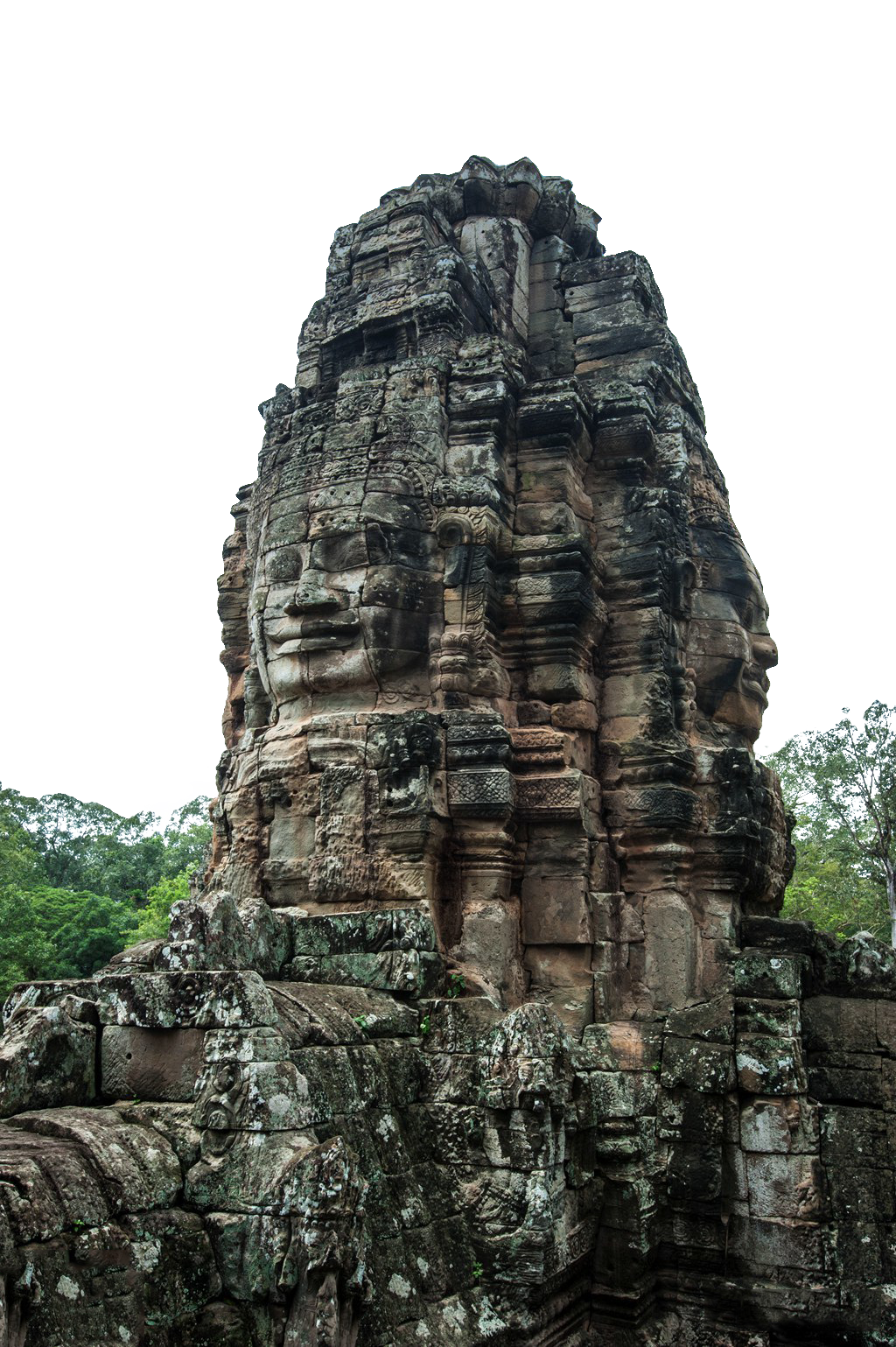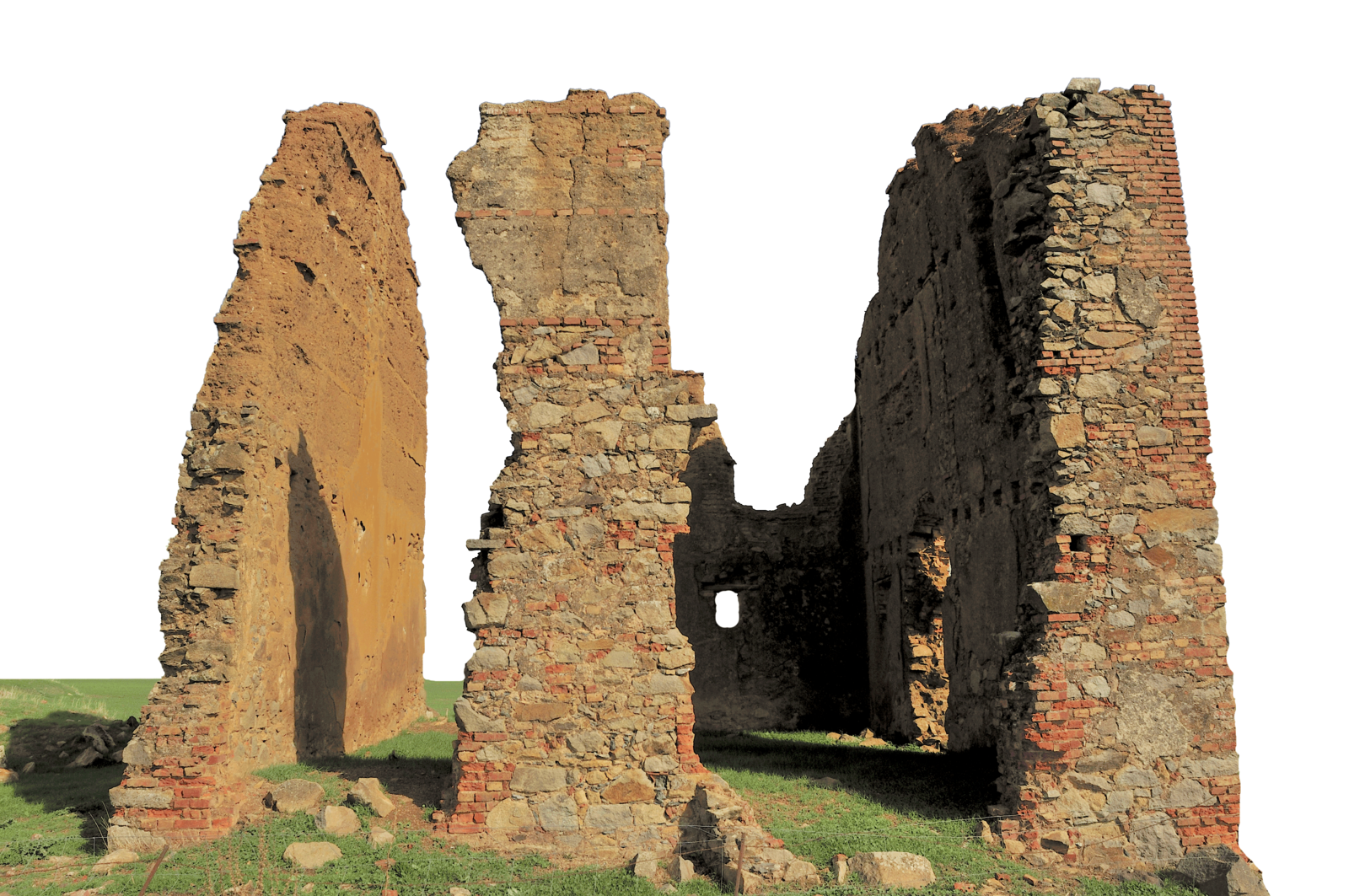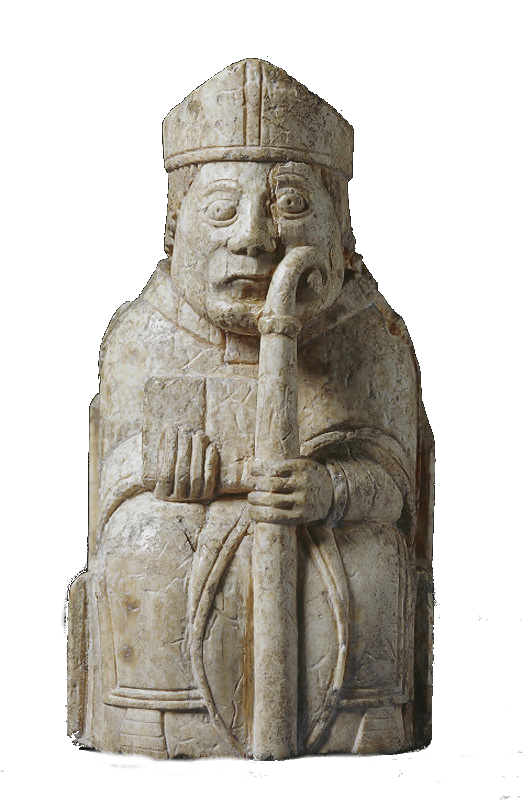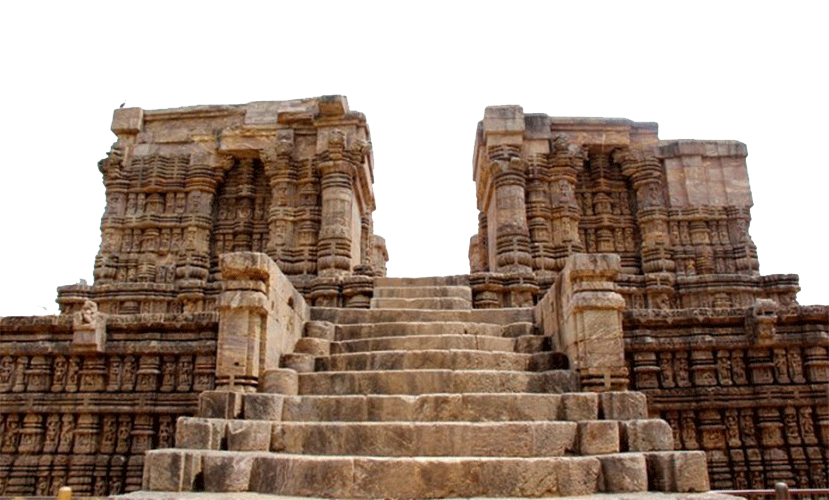This is the best summary I could come up with:
As previously reported, the eruption of Mount Vesuvius released thermal energy roughly equivalent to 100,000 times the atomic bombs dropped on Hiroshima and Nagasaki at the end of World War II, spewing molten rock, pumice, and hot ash over the cities of Pompeii and Herculaneum in particular.
However, a 2001 study in Nature, co-authored by University of Naples archaeologist Pierpaolo Petrone, estimated a temperature of 500° Celsius (932° Fahrenheit) for the pyroclastic surge that destroyed Pompeii, sufficient to kill inhabitants in fractions of a second.
He observed fracturing in the bones of some 100 excavated skeletons, as well as "cracking and explosion" of the skullcaps, consistent with forensic cases where skulls burst from extreme heat.
Later that year, Petrone reported fresh evidence that this might, indeed, have been the case, announcing his discovery of preserved human neurons in the victim with the "glassified" brain, although other scientists expressed skepticism about that finding.
A 2023 multidisciplinary analysis of seven plaster casts from Pompeii concluded that these victims, at least, likely survived the early eruption and died some 20 hours later from asphyxiation, although the authors were careful to emphasize that their findings were only applicable to these particular cases.
"It is likely that the catastrophic eruption killed people in different ways," the authors of that 2023 study wrote, concluding that "generalizing and supporting a sole hypothesis of death becomes overly reductive."
The original article contains 501 words, the summary contains 230 words. Saved 54%. I'm a bot and I'm open source!



